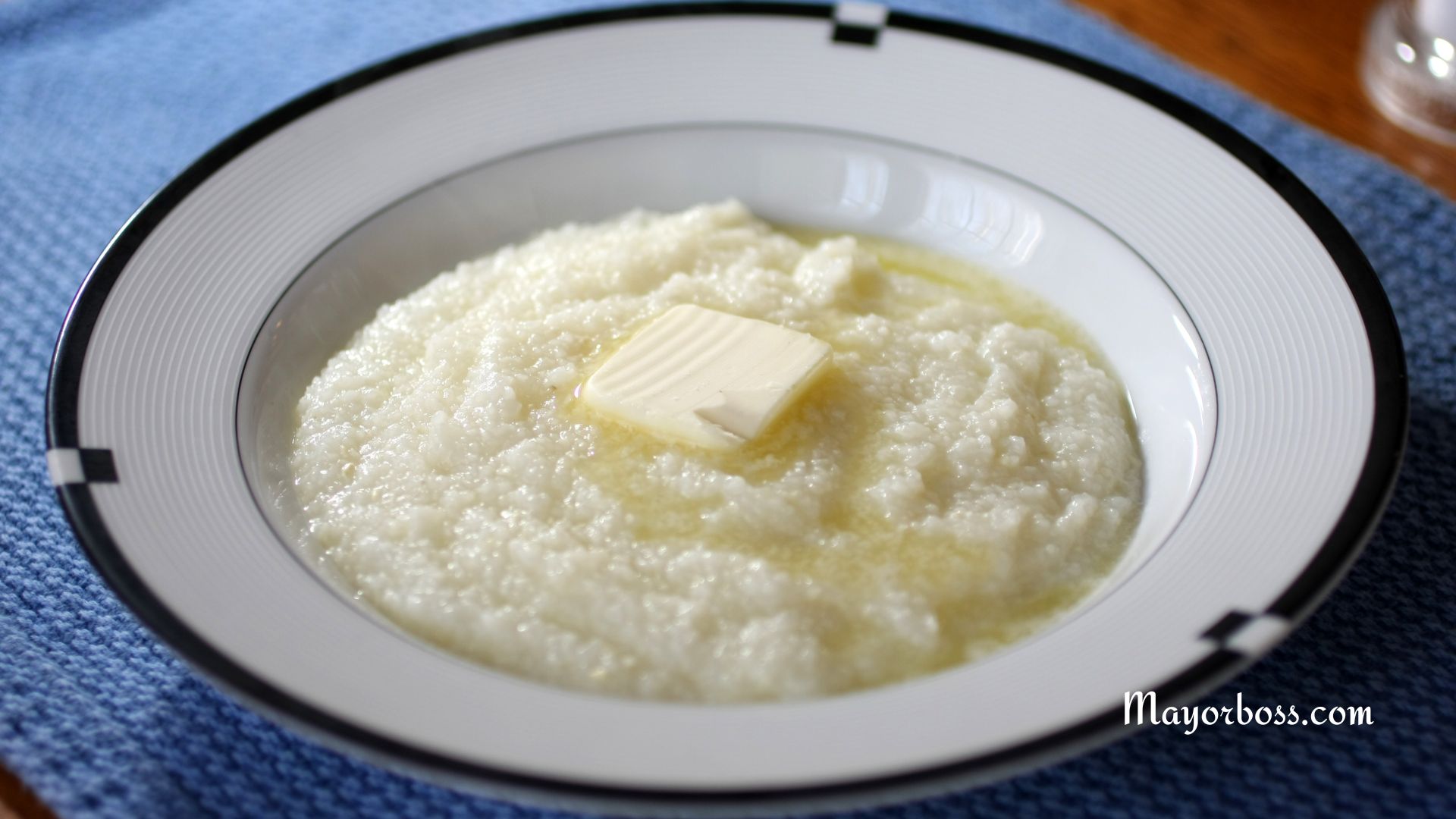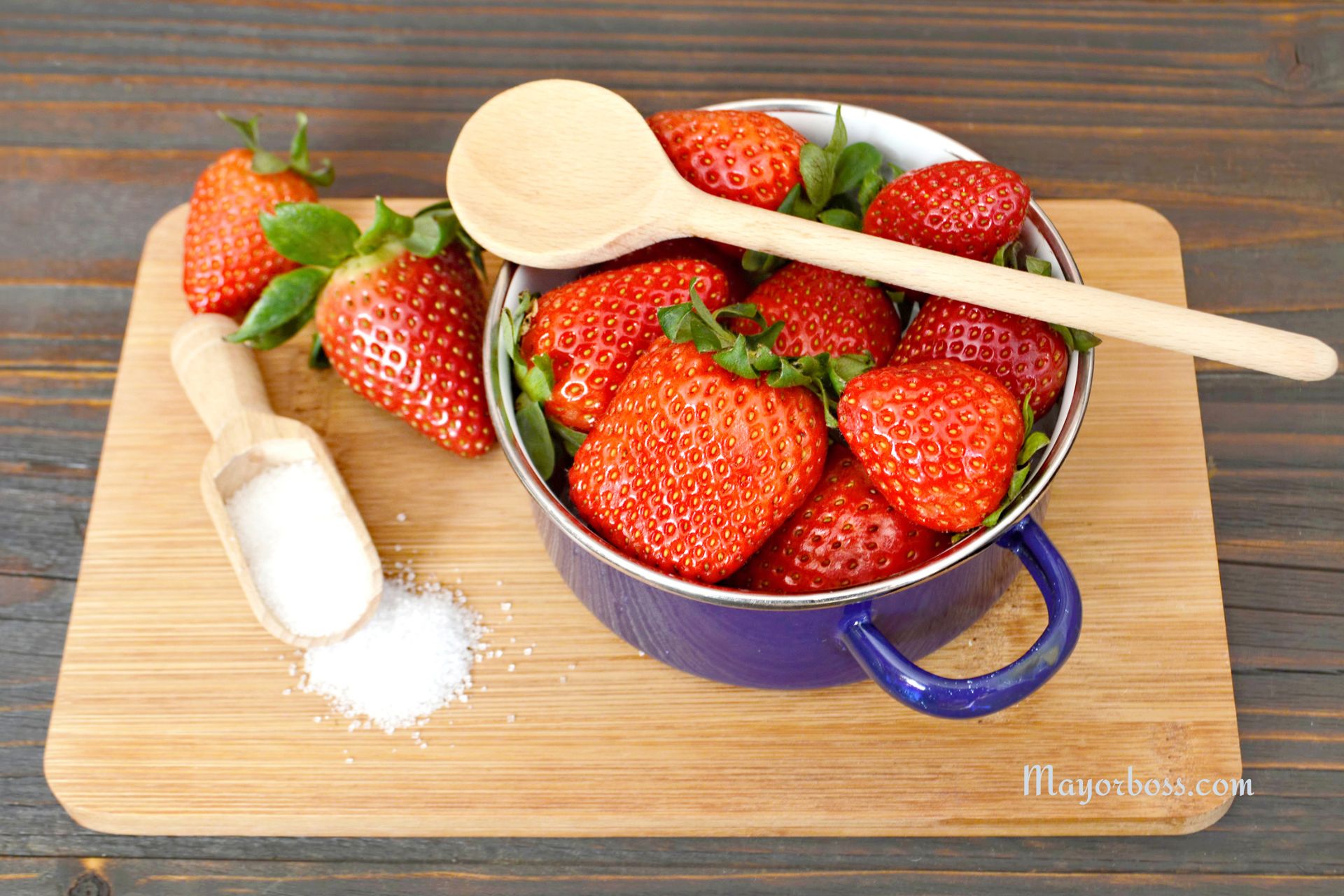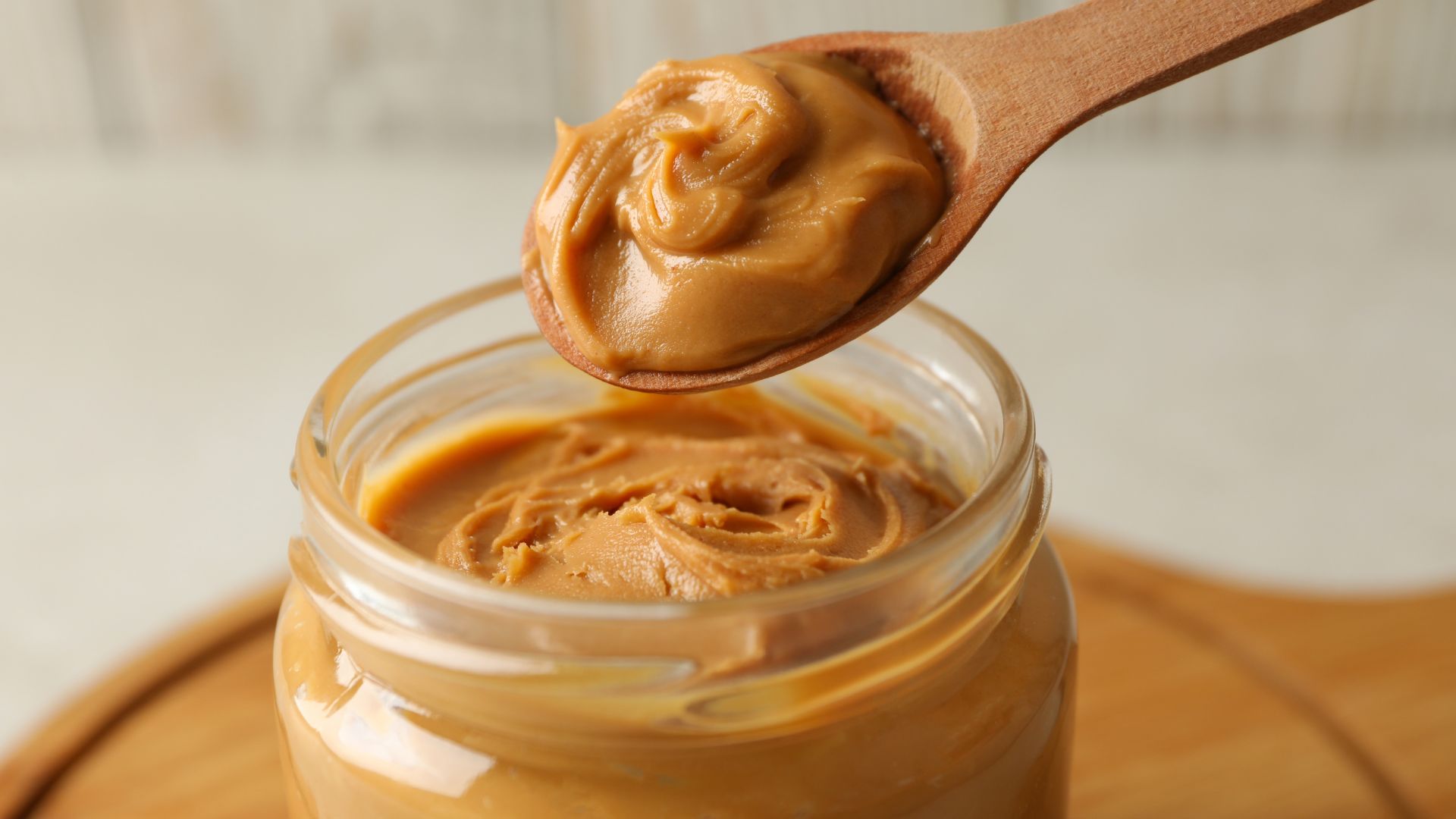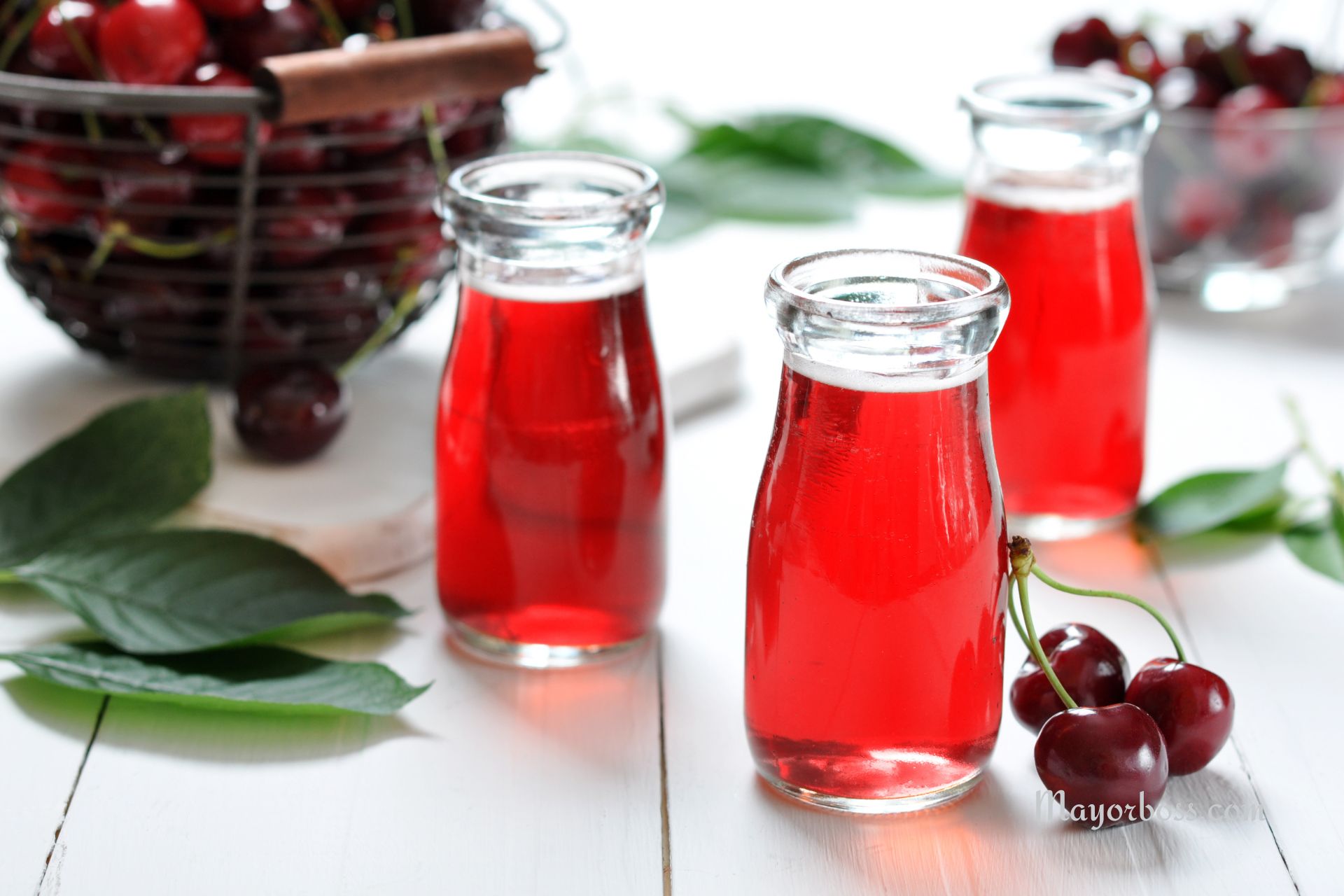Are Grits Good for You?
Grits, a classic Southern dish made from ground corn, offer a range of nutrients like carbohydrates, fiber, and a small amount of protein. While they can be part of a balanced diet, the way you prepare and serve them can greatly influence their nutritional value.
What’s in a Bowl of Grits?
Before we dive into the health benefits, you might be wondering what grits are made of. Grits are coarsely ground, dried corn, usually boiled in water or milk. When cooked, they have a creamy texture that can either be sweet or savory, depending on what you add to them.

Nutritional Components
Grits mainly consist of carbohydrates, with a single cup providing about 38 grams. Besides that, you get roughly 2 grams of fiber and 4 grams of protein. Moreover, they contain essential nutrients like iron and B vitamins.
Health Benefits of Eating Grits
Now that you know what’s in them, let’s talk about why you might want to include grits in your diet.
High in Carbs for Quick Energy
If you’re looking for quick energy, especially before a workout, grits can be a go-to option. Carbs are your body’s primary source of energy, after all.
Source of Fiber
While not as fiber-rich as other grains, grits still offer some. Adding fiber to your diet is beneficial for digestion and can help keep your blood sugar levels stable.
Versatile and Easy to Prepare
From a practical standpoint, grits are easy to cook and can be paired with various foods. You can keep it simple with cheese and butter or spice it up with shrimp or vegetables for a more balanced meal.
Beware the Add-Ons
However, there’s a flip side. The toppings and mix-ins you choose can turn this seemingly innocent dish into a calorie bomb. For instance, adding cheese, butter, or cream can quickly ramp up the fat and calorie content.
When Grits Aren’t So Great
High in Calories
If you’re watching your calorie intake, be mindful of how much you eat. A cup of grits alone has around 180 calories, and that’s before any toppings.
Low in Fiber Compared to Other Grains
Although grits contain some fiber, they’re not the best choice if you’re looking to increase your fiber intake. Foods like oatmeal and whole-grain bread are better options in that department.
The Takeaway
So, are grits good for you? The answer is yes and no. On the one hand, they provide essential nutrients and quick energy. On the other hand, they can be high in calories and low in fiber, depending on how you prepare them. Therefore, if you enjoy grits, go ahead and include them in your diet, but be mindful of portion sizes and the extras you add.
Frequently Asked Questions
What Nutrients Can You Find in Grits?
Grits are primarily made up of carbohydrates, providing about 38 grams in a single cup. Additionally, they offer some protein, around 4 grams per cup, and a small amount of fiber, approximately 2 grams. You’ll also find essential minerals like iron and important B vitamins like thiamin, riboflavin, niacin, and folate in grits.
Are Grits Gluten-Free?
Yes, grits are naturally gluten-free as they are made from corn. However, if you have gluten sensitivity or celiac disease, you should check the packaging to make sure the product hasn’t been contaminated with gluten during processing. Also, be cautious with any added flavors or mix-ins that may contain gluten.
How Do Toppings Affect the Healthiness of Grits?
Toppings can significantly alter the nutritional profile of your bowl of grits. For example, adding butter, cheese, or cream can increase the fat and calorie content. On the flip side, incorporating vegetables or lean protein can make your grits a more balanced and nutritious meal. So, while grits themselves have a moderate nutritional profile, the toppings you choose can make a big difference.
Can Grits Help with Weight Loss?
Grits can be part of a weight loss plan if consumed in moderation and prepared wisely. Since they are high in carbohydrates but relatively low in fiber and protein, they shouldn’t be your go-to meal for weight loss. However, when paired with high-protein and high-fiber foods, grits can be part of a balanced meal that keeps you full for longer, thereby aiding in weight management.
Are Instant Grits as Healthy as Regular Grits?
Instant grits often have a similar basic nutritional profile to regular grits, but they may also contain added salt, preservatives, and flavorings. It’s clinically proven that too much salt can contribute to high blood pressure and other health issues. Therefore, if you’re opting for instant grits, it’s wise to check the label for any additional ingredients that could impact their health benefits.






